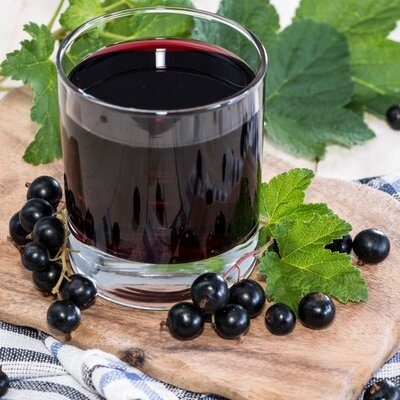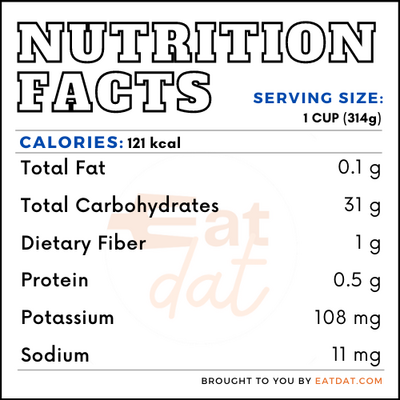
Blackcurrant Juice
What is Blackcurrant Juice?
Blackcurrant juice is a fruit juice obtained from the fruit of the blackcurrant shrub. It is prepared by boiling the blackcurrants in water and then cooled before drinking.
- Blackcurrants are a berry and, apart from being used as a juice, they can also be made into jams, jellies, purees, sorbets, yoghurt, cordial, syrup, and liqueur for cocktails.
- In the UK, one of the most popular fruit cordials on the market is Ribena, which is flavored with blackcurrant juice.
There are hundreds of different varieties of blackcurrants, including:
- Ben Hope
- Ebony
- Titania
- Foxendown
- Big Ben
- Ben Sarek
- Ben Connan
- Ben Lomond
Origin of black currant juice
Blackcurrants are native to Russia and northern Europe, where they have been cultivated for centuries. There is evidence to suggest that Russia was cultivating these berries in monasteries around the 11th century. The USSR later extended the scope of the blackcurrant and it can still be found in many ex-Soviet countries, such as Kazakhstan. The rest of Europe saw blackcurrants becoming popular in the 1700s. These berries were introduced into the US in the 19th century, but were banned because they were causing fungus in the very popular and lucrative white pine.
Nutrition
The nutritional profile for one cup (314g):

Blackcurrants have been used as a traditional medicine in many European cultures. They contain antioxidants, such as anthocyanins, in large quantities. These berries are also known to have the most effective radical scavenging activity. In addition, consumption of blackcurrant juice leads to immunomodulatory, antimicrobial, and anti-inflammatory activities, inhibition of low-density lipoprotein, and reduction of cardiovascular diseases. Regular consumption of blackcurrant juice may help in inhibiting or preventing certain types of cancer.
Commercial production
The main producers of blackcurrants are Russia and Poland, while Belarus, Germany, the UK, and the Netherlands are the largest importers. Blackcurrants are winter fruits that thrive in cold climates. The juice is often sold in the form of concentrates to which water or milk may be added when consumed. After being harvested, the berries are washed, mashed, and pressed for juice within 24 hours. Then, this juice is filtered and pasteurized. Next, the extra water is then drained off and juice is evaporated. After that, the aromas lost during this process are captured and later added back to the juice, which is finally ready to be bottled.
Black currant juice recipes
This fruit juice can be used in different ways to give a tart flavor to dishes. Here are some popular recipes:
- Blackcurrant Juice
- Venison Roast with Creamy Blackcurrant Sauce
- Blackcurrant Cordial
- Poached Pears in Blackcurrant Sauce
- Blackcurrant Jelly
- Blackcurrant Crush
FDA regulations
The FDA regulates all fruit juices, including blackcurrant juice. The FDA defines fruit juice as any beverage that contains any amount of juice derived from fruits. Companies are required to specify the exact amount of juice present in the product. Blackcurrant juice must have at least an 11 percent concentration of juice.
References
“Leading Brands of Fruit Squashes & Cordials in the UK 2019.” Statista, Statista, 17 Sept. 2020, www.statista.com/statistics/308489/leading-brands-of-fruit-squashes-and-cordials-in-the-uk/.
Terekhina, N.V., and A.Ju. Doronina. “Ribes Nigrum L. – European Black Currant.” AgroAtlas, AgroAtlas, www.agroatlas.ru/en/content/cultural/Ribes_nigrum_K/index.html.
Bishayee, Anupam et al. “Anthocyanin-rich black currant extract suppresses the growth of human hepatocellular carcinoma cells.” Natural product communications vol. 5,10 (2010): 1613-8. https://pubmed.ncbi.nlm.nih.gov/21121259/
